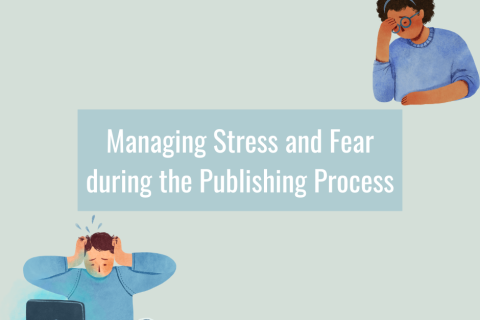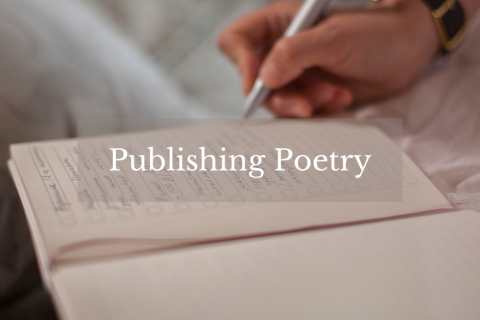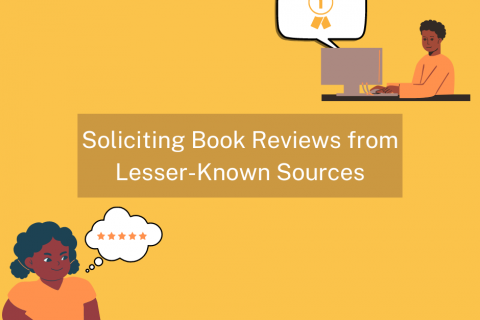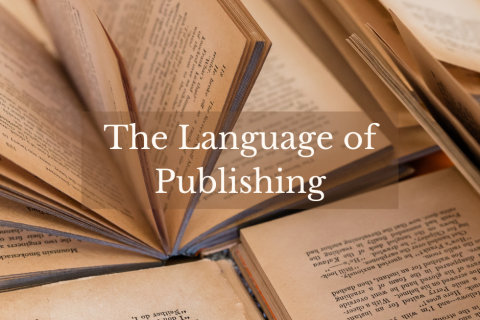
Q: In your view, what are the essential elements of a successful novel?
A: It’s actually quite difficult to outline “essential” elements of a successful novel, since the overall scope of novels can be so broad, there is almost always an outlier that doesn’t follow the “rules.” In general, however, most successful contemporary novels possess three elements that are so basically fundamental, they may seem obvious and even reductive: a coherent, logical plot; characters who function well within that plot, and a strong hook or theme. Fortunately, this final element can often emerge on its own from a strong plot and characters.
Q: What are a few of the biggest mistakes writers make when writing their first work of fiction?
- Writing without reading. An avid writer should be an avid reader. As you write your own book, take care not to limit your focus too much to your own effort, and continue expanding your literary horizons by reading other authors’ work.
- Believing that after they’ve finished their first draft, they can move on to querying publishers without revising their manuscript, or without getting second opinions. Even experienced writers can spend months revising a manuscript by themselves before showing it to any readers, and months revising again after receiving feedback. If you’re a writer tackling your first work of fiction, you will likely make a few big mistakes that will need ironing out before your work can be considered saleable. In fact, in many cases, writers never sell their first novels. Some authors even write multiple novels before finally producing a book that catches the attention of a publisher! These unpublished novels aren’t failures or a waste of time, but rather a tax paid to attain a certain level of craft. Essentially, they’re practice. Allow yourself space to practice, like a violinist before a concert, and try not to get too married to the idea of selling the first novel you’ve ever written. Your concert might be waiting in the form of a second, third, or even fourth novel, and if you spend too much time querying your first effort, you might never get around to writing the work that will eventually make you famous.
- Including logical inconsistencies. In addition to writing a story, a writer has the difficult task of laying out that story’s entire world for the reader. For the story to have the best effect, that world must be coherent. To ensure their worlds are coherent, authors must be aware what characters know which information when, and ensure that those characters react to new information in accordance with their characterization. Keeping track of the implications certain details and story beats have on the world you’ve created can be a big job, especially for first-time authors.
- Including irrelevant details, characters, or scenes that don’t serve a function in the story. Every element an author includes in a story should have some purpose; but even for experienced writers, it can be hard to recognize when a line, scene, detail, or character isn’t contributing anything meaningful to the work. Often, first-time authors write scenes because they want to see them—but sometimes, these scenes do not end up being the most effective vehicles to communicate the author’s message. This is why one of the most common phrases you might hear from an editor is to “kill your darlings.”
- Overusing certain words, literary devices, constructions, or clichés, to the distraction of the reader. First-time writers often lean on comfortable clichés and comparisons, or familiar words and turns of phrase. Maybe you’re a chronic purveyor of ellipses. Maybe your characters constantly “murmur” when they speak. Or maybe you’re a little too over the moon about the phrase “over the moon.” An author can have a signature style and technique, but every choice should be intentional, and authors sometimes unconsciously default to certain phrases. When readers pick up on these phrases, it can make the author’s writing feel stale.
Q: How do you recommend first-time authors avoid these mistakes?
- Read what other authors have written—both their fiction, and what they have to say about their writing process. Reading others’ books will help you absorb new ways to envision the world and new ways to approach the act of writing, both of which will enrich your own work.
- Before you send out a manuscript, set it aside for a month or so, and then pull it out and revise it on your own. Even better, get a beta reader—or several! The more readers you have before you query publishers, the more you’ll be able to learn about how a variety of people might receive your story—provided you ask a variety of people to read your book. Ask each reader to give you their first impressions of the book, share their favorite parts, and tell you something that confused them about the work. Tell them to be honest, and try not to take offense at anything they might say—chances are if one of your readers feels a certain way about something in your book, so will many others. Use this opportunity to change your work based on their feedback, before you send your book out into the world, and make sure you let your readers know how much you appreciate their advice.
- Construct a timeline of events for your novel. Some authors find they don’t need to do this, but many do, especially if their novels are particularly long, complex, or well populated with many characters. As you write, make a separate outline, including each scene as a separate bullet point; or create a physical timeline by listing or on a series of notecards. Include each scene, and break it down as much as you need to, including information such as the date and time, new information each character has learned, the characters’ current emotions, and when new characters or important items appear in the work. This may sound more like recordkeeping than writing, but it will help you find inconsistencies in your story more easily.
- Ask why. As you write, or as you reread your finished book, constantly ask yourself why. Why is this character—this detail—this line—this scene—included at this point? What purpose is it serving in a scene, or even in the novel itself? Sometimes, an author might find multiple characters who serve small but separate functions in a novel can be combined into one. Sometimes, entire scenes that don’t contribute to the story in any meaningful way can be excised to refine a story and make it more powerful. More than anything, asking why will get you thinking like a professional author.
- Root out repetition. As you write, or as you reread your finished book, pay attention to words and turns of phrase that appear again and again. (Microsoft Word’s Find function can be a big help here, quickly showing you that yes, you did use the phrase “cast her eyes down” seventeen times in your sixty-thousand-word novel.) Of course, an editor can also help you pick out overused phrases, words, and syntax in your drafts, but learning to identify these elements of your writing on your own can help you avoid them before they appear on the page.
an interview with Erin Harpst, Senior Editor











